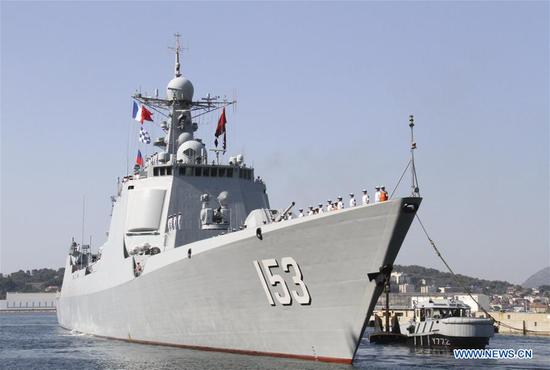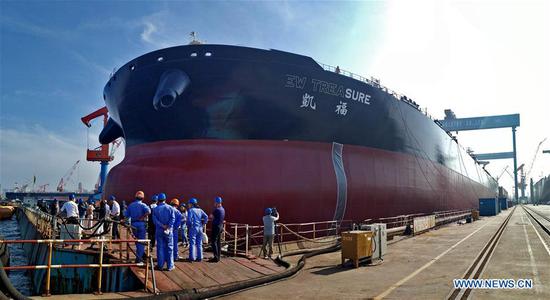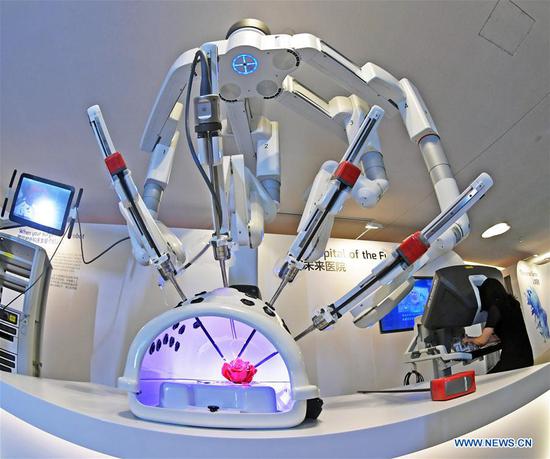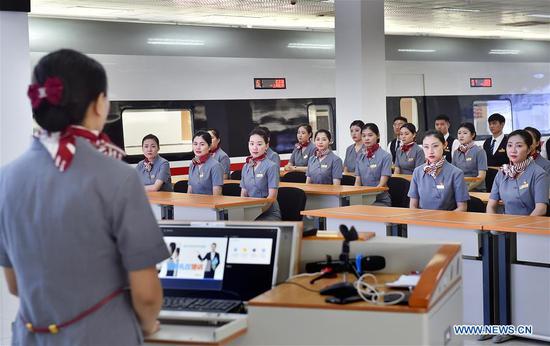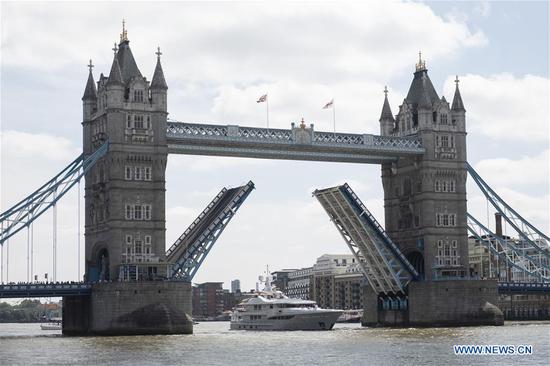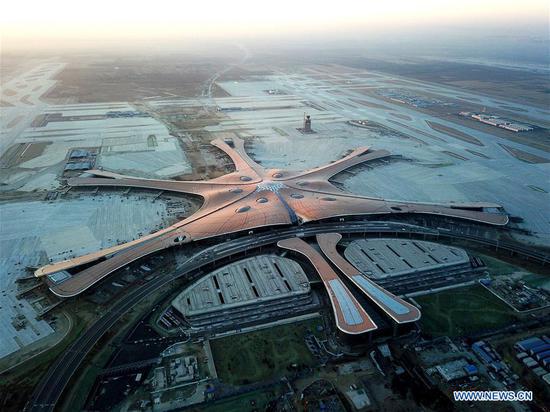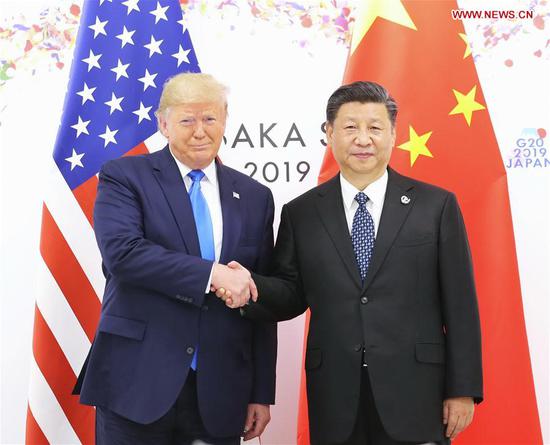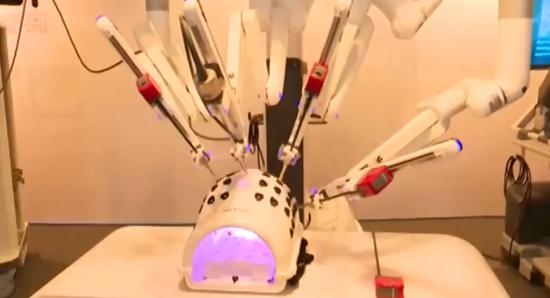U.S. markets rallied and closed in positive territory Monday on news that Chinese President Xi Jinping and his U.S. counterpart Donald Trump will resume negotiations to resolve the ongoing trade dispute.
Trump said talks are "back on track" and held off on his threat to impose tariffs on an additional $300 billion of Chinese goods. Trump said China will buy "a tremendous amount" of U.S. food and agriculture exports while bilateral negotiations are ongoing.
The S&P 500 reached 2,977.86 in midday trading, all all-time high, before closing at 2964.33, up 22.57 points. Nevertheless, the long-term outlook for the market remains unclear as U.S. manufacturing dipped close to a three-year low in June amid a worldwide economic slowdown.
"The devil is always in the details," Usha Haley, professor of management at Wichita State University, told China Daily. "I don't know if Trump is the great mediator. But everyone gave a huge sigh of relief that talks have resumed between the U.S. and China."
Trump eased export sanctions on Huawei Technologies Co Ltd, boosting semiconductor stocks, including Micron Technology, Skyworks Solutions, Qualcomm and Broadcom — and sparking the possibility of a revolt among some Republicans.
South Carolina Senator Lindsey Graham, a strong Trump supporter, told NBC's Face the Nation on Sunday that he's reviewing Trump's action and noted, "It's clearly a concession. There'll be a lot of pushback if this is a major concession. If it's a minor concession, I think it's part of the overall deal."
Neither side said when negotiations would resume or established a schedule for completing a deal.
Goldman Sachs called Trump's decision to ease export sanctions on Huawei a "potential unexpected market friendly outcome"。
Asked at the G20 meeting in Japan if he had removed Huawei from the Entity List that controls the export of technology that could compromise U.S. national security, Trump said, "No, not at all" and "We are talking about that" before telling reporters, "I don't want to talk about it now, we are looking at it very carefully. Huawei is very much in play."
The willingness of Trump and Xi to resume negotiations limits immediate deterioration in trade relations but offers no indication of breakthroughs. Markets abhor uncertainty, and questions swirl around how business will react to unpredictability over trade, the slowing global economy and Britain's departure from the European Union.
"In a world where markets are up, the economy is still strong, consumers are spending, you might imagine you would hear people talking about growth or expansion," Tom Barkin, president of the Federal Reserve Bank in Richmond, told The Wall Street Journal. "What I'm hearing is nervousness."
The Fed left interest rates unchanged at its June meeting, but some analysts expect a rate cut when the Federal Open Market Committee meets July 30-31. However, Goldman Sachs warned that a rate cut could increase expectations for future easing and this could undermine market stability and become a "channel for political pressure on Fed decisions".
Trump has called for a rate cut and argued that the current target rate of 2.25 to 2.5 percent constrains the U.S. economy. Analysts at Bank of America warn that the Fed's willingness to counteract the negative effect of the trade dispute on the economy "could encourage an even tougher stance on trade which would trigger even more Fed accommodation, and so on. The end result would be a loss of Fed policy ammunition with an economy that is still soft."
The U.S. economic recovery, which began in July 2009, is now 10 years old and the longest period of economic expansion in the nation's history. Most analysts foresee slower growth ahead, but not a recession.
The Institute for Supply Management (ISM) reported Monday that its index of factory activity nationwide dropped to 51.7 in June from 52.1 in May, its lowest since October 2016. It was the third consecutive month the index declined. A reading above 50 shows expansion in the manufacturing sector, which represents about 12 percent of the U.S. economy.
The ISM said businesses were concerned about the ongoing U.S.-China trade dispute, especially because it disrupted supply chains and increased uncertainty among manufacturers. However, U.S. factories reported an increase in hiring, including replacement of retirees and adding summer help.









